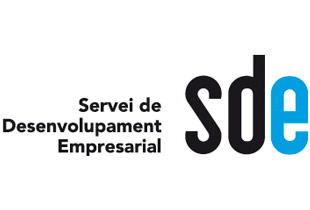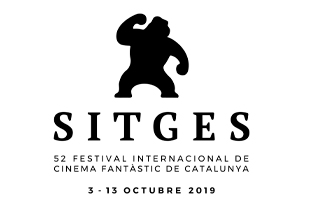Film adaptations are a gift for many film producers. A work that has been tested by the public and that has already been successful will have a swarm of followers willing to enter a cinema or get comfy on the sofa to see it. Recent examples of such success stories include El conte de la criada, Big Little Lies, Fariña and Superlópez. What is more difficult to control is whether after seeing the adaptation the viewer will stay true to the cliché and declare: “the book’s better”.
10.00 Welcome
10.15 Adapted
Often when discussing film adaptations of a novel or a comic, only those who have created the adaptation take part: scriptwriters or directors who have taken a pre-existing work and made it their own. But what about the authors? How do they see this new creation? What do they need to do for their work to become a series or a film? Do you need to have an agent to promote your literary creations and find opportunities for adapting them? Are there markets for selling adaptations?
We’ll discuss these questions with two writers whose creations have been adapted for the screen:
- Víctor Santos, author of the graphic novel Polar, made into a film for Netflix.
- Anna Soler-Pont, Pontas Agency literary agent.
- Lolita Bosch, writer of novels such as M and Elisa Kiseljak, adapted to film by Jordi Cadena and Judith Colell.
Moderator: Víctor Sala
11.15 Q&A session: I want to adapt this film or comic; what should I do?
During the creative process, legal questions often arise that can get in the way. In this practical session, the lawyer for Guionistes Associats de Catalunya (Associated Scriptwriters of Catalonia) answers some common questions about adaptations. What should I do if I want to adapt a novel? How can I find out if the rights have been sold? Should the contract be permanent or for a limited period? What is copyright? When does copyright expire? Are some works excluded from copyright?
- With Ignacio Monter (lawyer for GAC)
12.00-12.30 Break
12.30 Case study of Taboo’ks
In various film festivals around the world such as Berlinale, Venice and Cannes, there is an awareness that books are a source of stories for cinema. This is why they organise professional sessions to bring together publishers and producers, to enable fluid communication between them so that lots of books have a good chance of being made into films. The Sitges Festival is no exception and over the last few years it has organised ‘Taboo’ks’, an initiative in which four fantasy books are selected for promotion so that they can be turned into movies. Monica Garcia will explain the case of Taboo’ks, its evolution and tips that they give to publishers and writers for making producers’ lives easier and to promote the book so that it gets adapted.
- With Mònica García (Sitges Festival)
13.00-14.00 Adapters
The co-author of the script for The Shining, Diane Johnson, quoted Kubrick as saying: “It’s always better to adapt a book than to write an original screenplay, and that you should choose a work that isn’t a masterpiece so you can improve on it”. That was always how he did it, with the exception of Lolita.
With the Kubrick exhibition still running at the CCCB, we have a debate with leading adapters. When you adapt a work of literature, it might seem like you’re starting off with part of the work already done, but the truth is that bringing together two languages as different as literature and film is complicated. What does a work of literature require in order to have the potential to be adapted for the screen? Can any story be brought to the screen? Is Kubrick right that a masterpiece should never be adapted?
We discuss this with several adapters:
- Coral Cruz, script writer who adapted Vida Privada, winner of the Gaudí award for Best TV Miniseries.
- David Trueba, director, novelist and adapter of Soldados de Salamina.
- Alberto Marini, script writer of Sleep Tight.
Moderator: Mònica García (Sitges Festival)







